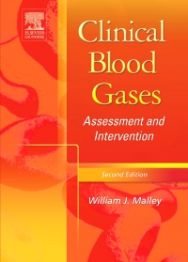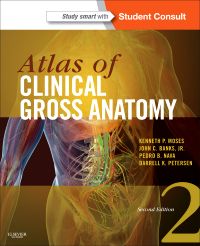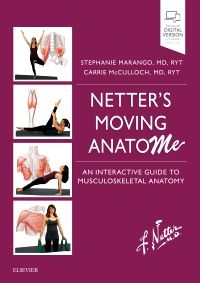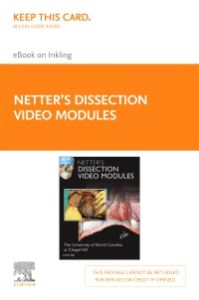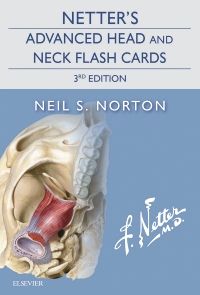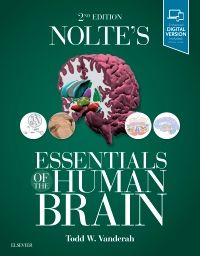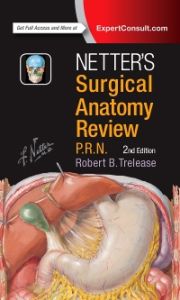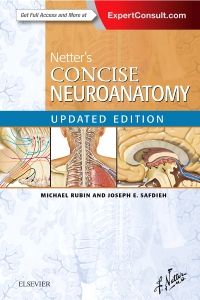This text provides a thorough resource on arterial blood gases, covering the full scope of applications. This book is the first of its kind to focus on the needs of educators, students, and practitioners alike. The new edition has been completely updated, providing the latest information from the field, including facts on technical issues, basic physiology, clinical oxygenation, clinical acid base, non-invasive techniques, just to name a few. Instructor resources are available; please contact your Elsevier sales representative for details.
New to this edition
- This new edition is up-to-date with the latest in technology and information, ensuring the most current information is available.
- New figures and tables enhance the understanding of chapter material.
- The addition of an NBRC (National Board of Respiratory Care) Challenge at end of each chapter helps readers learn, understand, and put the information together to master the subject.
- The incorporation of two new On Call Cases per chapter provides further opportunity to practice clinical application of content learned, as well as helping readers utilize their critical thinking skills.
- Reorganized and improved table of contents presents the material in a more logical, efficient manner.
Key Features
- This book's amazing content coverage offers a wealth of useful material, including illustrations, tables, examples, and case studies.
Author Information
By William J. Malley, MS, RRT, CPFT, Administrative Director, Respiratory/Pulmonary Services, The Western Pennsylvania Hospital, Pittsburgh, PA
Unit I: Introduction to Blood Gases
1. Arterial Blood Gases
2. Blood Gas Classification
Unit II: Technical Issues in Blood Gas Analysis
3. Blood Gas Sampling Errors
4. Blood Gas Electrodes and Quality Assurance
5. Accuracy Check and Metabolic Acid-Base Indices
Unit III: Basic Physiology
6. Oxygenation and External Respiration
7. Oxygen Transport and Internal Respiration
8. Acid-Base Homeostasis
Unit IV: Clinical Oxygenation
9. Assessment of Hypoxemia and Shunting
10. Treatment of Hypoxemia and Shunting
11. Hypoxia: Assessment and Intervention
Unit V: Clinical Acid Base
12. Regulation of Acids, Bases, and Electrolytes
13. Differential Diagnosis of Acid-Base Disturbances
14. Mixed Acid-Base Disturbances and Treatment
Unit VI: Noninvasive Techniques and Case Studies
15. Noninvasive Blood Gas Monitoring
16. Arterial Blood Gas Case Studies
References
Answers
Index




